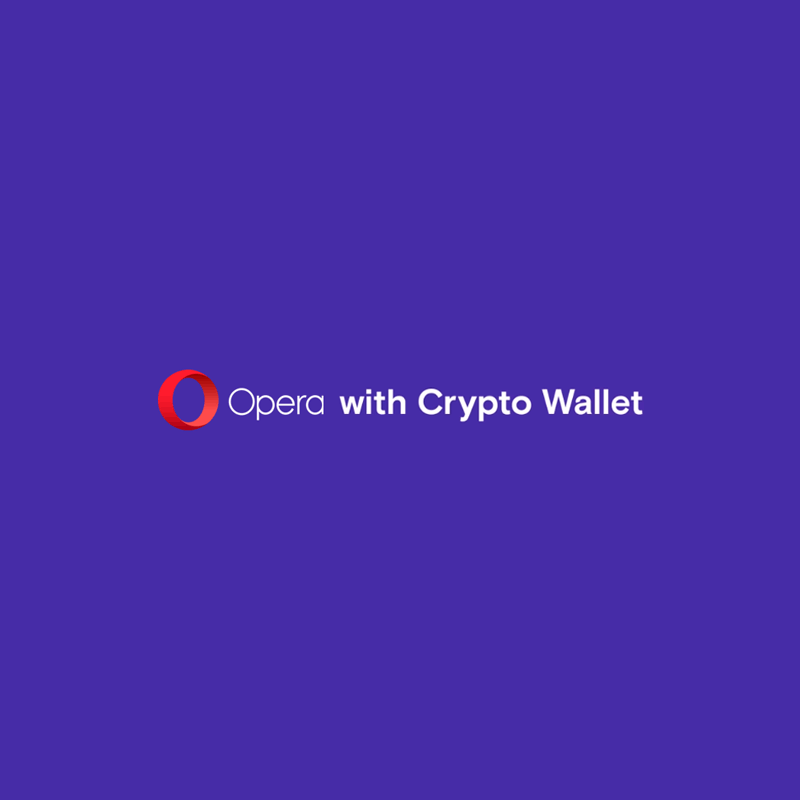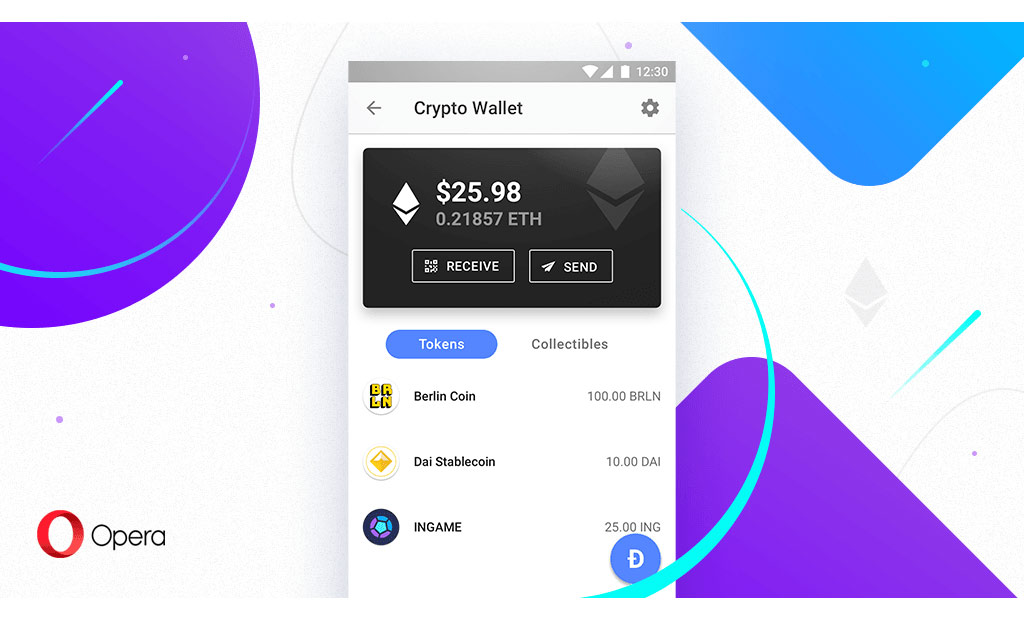
With people considering using cryptocurrency as a method of payment, browser maker Opera wants to jump into the bandwagon.
This time, the company is launching an update to the Opera browser, which allows users to surf and interact with the decentralized web (Web 3.0).
The browser here, comes equipped with Opera's built-in cryptocurrency wallet, and initially available only for Android users.
Among other things, the browser enables users to interact with decentralized apps (dApps), manage their digital identity, and also make transactions directly from the browser.
This feature makes Opera the first mainstream browser with cryptocurrency and blockchain features.
In addition to providing users with seamless access to a number of blockchain-powered services, Opera hopes the app will also stimulate the mainstream adoption of cryptocurrencies.
“Our hope is that this step will accelerate the transition of cryptocurrencies from speculation and investment to being used for actual payments and transactions in our users’ daily lives,” Opera executive VP Krystian Kolondra said during a blockchain event in London.
To use this feature, users can download the Opera for Android, to then purchase some Ether tokens to store inside it.
From there, users can access a selection of mini apps to manage their cryptocurrencies, directly from the browser.
For starters, the updated Android browser can only exclusively support the Ethereum network, ERC-20 tokens and ERC-721 crypto-collectibles. Opera in supporting Ethereum is a good thing, since most cryptocurrencies out there are either Ethereum or Bitcoin.
“We’ve decided to support Ethereum, as it has the largest community of developers building Dapps and has gathered a lot of momentum behind it,” said lead Charles Hamel.
Opera said that the company is looking forward to add support for more, but is not ready to commit to them just yet.
Opera first announced it was testing such a feature back in July.
At that time, Opera said that it was developing an Android version of its app with a built-in wallet. The company later revealed that it was also developing a synchronization feature to allow users to access the wallet from their desktop browsers.
In September, the Web 3.0-enabled browser was opened up to selected beta testers. The company was working on polishing the app since then, before finally rolling it out to all users.
Fast forward to the end of 2018, cryptocurrency prices have taken a large fall as compared to the price spikes at the end of last year.
Opera acknowledged this trend, as well as the influx of scams that happen throughout the web. This is also why the company introduced an anti-cryptojacking software to its web browsers.

While Opera has decades of experience in the web browser business, building a browser for the blockchain-cryptocurrency community had unique challenges.
For example, Opera needed to learn a lot about the blockchain technology, and build its competence around different blockchain, cryptography, and distributed networks in order to build the wallet.
Another challenges include figuring out how to seamlessly integrate the wallet into the browser, solving site-compatibility issues, as well as security concerns.
"One of the biggest challenge was to define what a browser wallet should look like and how it should behave," said Hamel.
"One major hurdle in all this is that you need a special browser or special browser extensions to even start exploring the decentralized web and even then, users are faced with lots of new terminology that is sometimes confusing."
With Opera's update, "Using a Web 3.0 application is now just as easy as going to a website like Google or Facebook with Opera,” Hamel continued.
And as far as the future of cryptocurrencies, Opera‘s future in the blockchain ecosystem is certain, as the company said it intends to continue polishing its Web 3.0-inspired features.
.